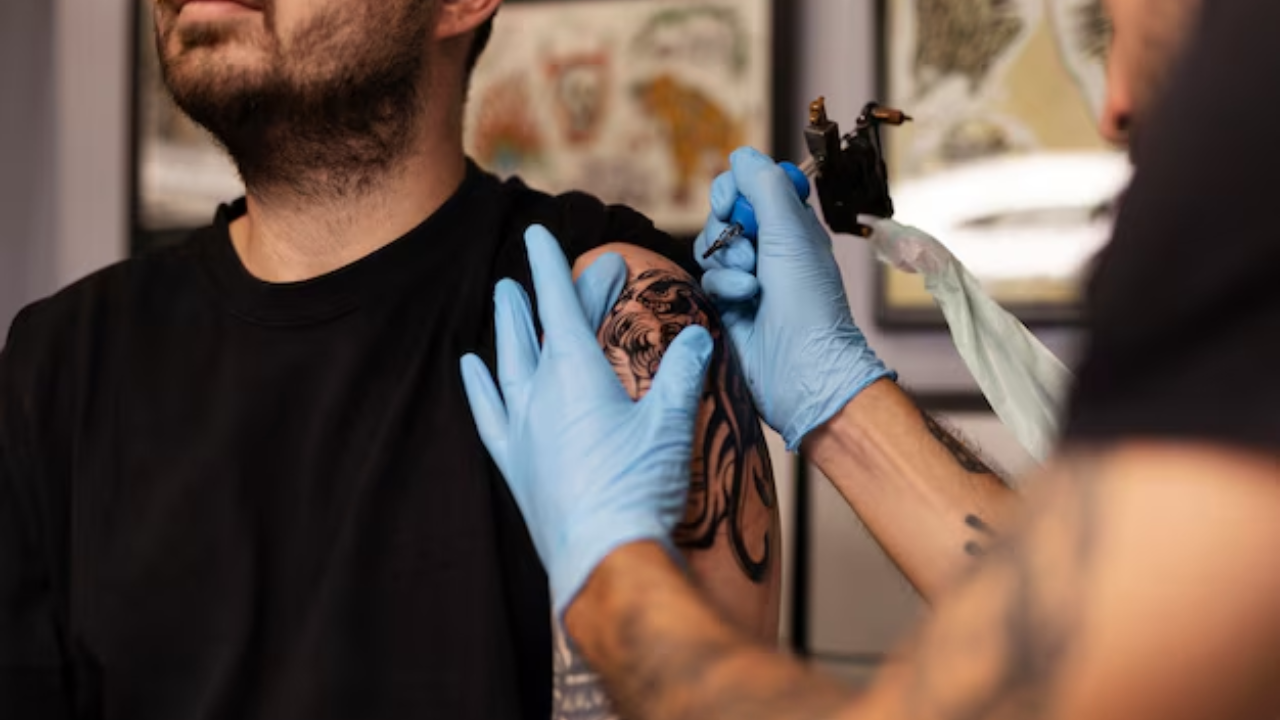Do Tattoos Have Health Risks? Ink May Contain Harmful Bacteria, Study Finds

Tattoos may contain bacteria (Credit-Freepik)
SummaryTattoos have become increasingly popular in recent years, with people of all ages and backgrounds adorning their bodies with ink. While they are cool, it's essential to consider the potential risks associated with this body modification.
End of Article
